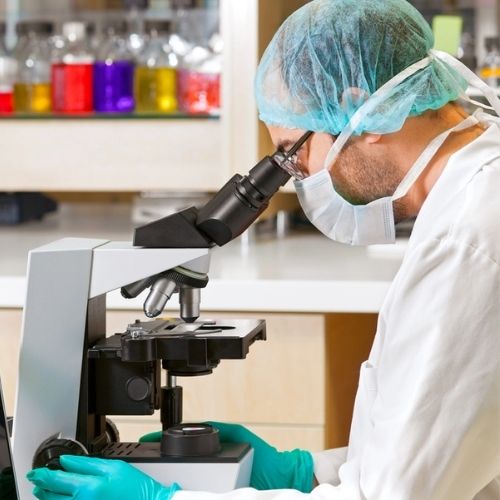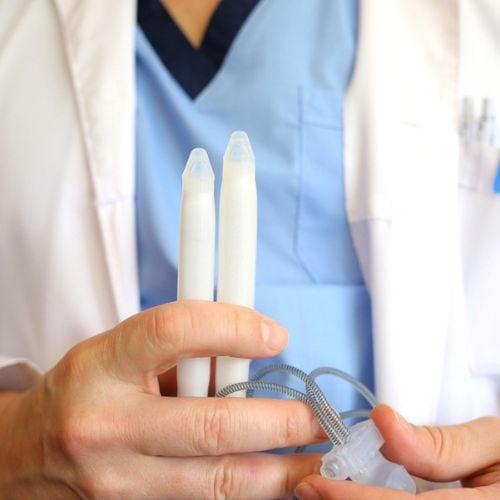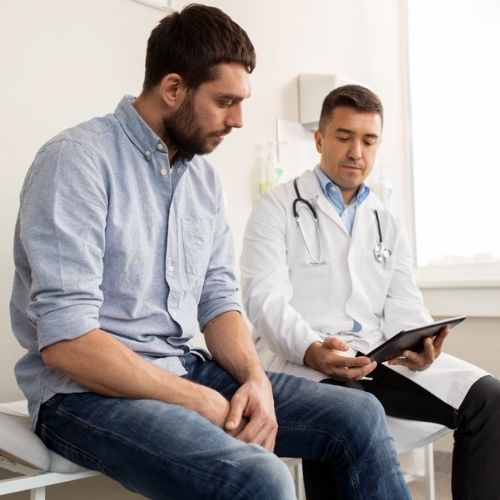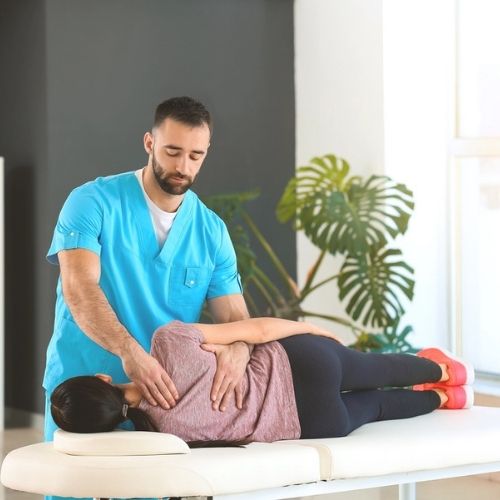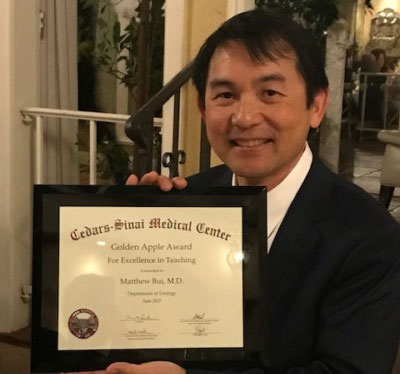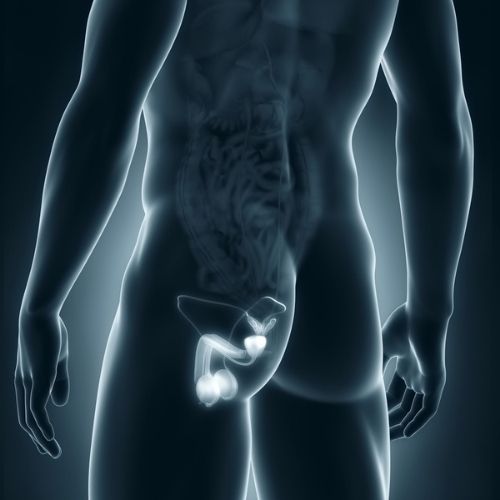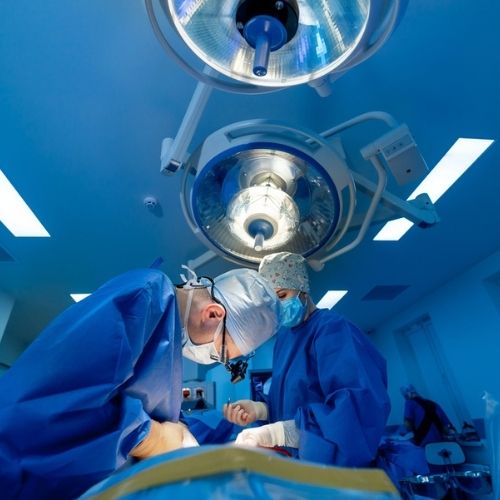What is vaginal dryness?
Vaginal dryness, or “atrophy,” is when the lining of your vagina becomes drier and thinner than usual. This is one of the most common physical complaints women have. It can affect women of any age, but it is more common as women get older.
What causes vaginal dryness?
The primary cause is a reduction in estrogen levels. Estrogen helps maintain correct vaginal canal lubrication, elasticity, and thickness. So, decreasing levels will cause negative changes.

What causes vaginal dryness in premenopausal women?
Many associate vaginal atrophy with estrogen level changes during menopause. However, such changes can happen in premenopausal women as a result of various situations, including:
- Taking birth control pills
- Breastfeeding
- Having a low BMI
- Certain medications (spironolactone, aromatase inhibitors, Lupron, etc.)
- Undergoing infertility treatments
- Chemotherapy or radiation therapy
- Female Genital Arousal Disorder
- Surgery to remove the ovaries
What causes vaginal dryness in menopausal women?
In menopausal women, the most common reason for vaginal dryness is an estrogen deficiency in the vulvar and vaginal tissues. Roughly 50-80% of women experience vaginal dryness after menopause. This type of vaginal dryness is one symptom of the Genitourinary Syndrome of Menopause (GSM) which can sometimes affect premenopausal women. You can read more about GSM later in this article.
What are the side effects of vaginal dryness?
Vaginal dryness can have several physical and emotional effects that impact a woman’s comfort, sexual health, and overall well-being.
Physically, it can cause itching, burning, soreness, and irritation in the vaginal area. It can make daily activities, such as walking, sitting, or exercising, uncomfortable. Many women also experience painful intercourse (dyspareunia), which can lead to a loss of interest in intimacy.
Vaginal dryness may also increase the risk of urinary tract infection (UTIs), and vaginal infections. The reason is that the lack of moisture can disrupt the natural pH balance and protective barrier of the vagina.
Emotionally, the symptoms of vaginal dryness can lead to stress, anxiety, or a decrease in self-confidence, particularly in relationships where sexual activity is affected. Fortunately, our treatments, discussed below, can relieve symptoms and restore comfort.
What is Genitourinary Syndrome of Menopause (GSM)?
Genitourinary Syndrome of Menopause (GSM) is a chronic condition that affects women after menopause. It can also occur during lactation, called genitourinary syndrome of lactation (GSL). Both have similar symptoms.
GSM or GSL occurs when decreased estrogen levels cause physical changes to the vagina, vulva, bladder, and lower urinary tract. Common symptoms include vaginal dryness, itching, burning, irritation, frequent urination, and discomfort or pain during sexual intercourse.
Other symptoms of vaginal hormone level deficiencies include:
- Muted orgasm due to issues during sexual intercourse
- Thinning of the vaginal wall and tissues leading to vaginal bleeding or spotting (especially after sex)
- Narrowing of the vagina, vaginal opening, paleness OR redness of the tissue
- Loss of the labia minora
- Prolapse of the urethra
- Urinary incontinence
- Burning with urination and recurrent urinary tract infections.
Symptoms of Genitourinary Syndrome of Menopause do not get better or stabilize over time. Unlike hot flashes and other menopausal symptoms, GSM typically worsens without treatment. However, we have various treatment options available, including topical estrogen therapy, moisturizers, and lubricants, which can effectively manage symptoms and improve sexual activity and your quality of life.
How is vaginal dryness treated?
Since the cause of the vaginal dryness is an estrogen deficiency, the primary vaginal dryness treatment is an estrogen cream. We use a topical hormone cream in the vagina. This cream helps with all the symptoms of Genitourinary Syndrome of Menopause.
This treatment plan is extremely safe to use. Since it is topical (not absorbed systemically), it doesn’t raise blood estrogen levels above the normal range during menopause. Estrogen creams come in several different forms. Besides creams in tubes, there are vaginal suppositories and vaginal rings. If you can’t use a vaginal treatment for whatever reason, there is an oral option as well.
Depending on the form, the treatment may be applied nightly, two or three times per week, or once every three months. It is continued as needed: “’til death do you part.” All these products require a prescription.
It typically takes about six weeks to see an appreciable benefit, with maximal effect after two or three months of use.
Is topical vaginal hormone replacement therapy for vaginal dryness safe?
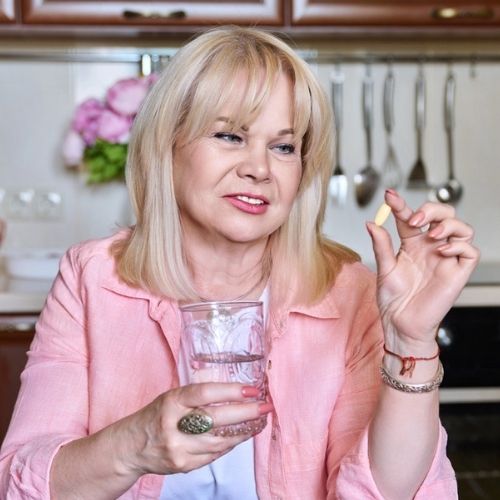
Yes! Do not let misinformation or outdated research prevent you from seeking treatment for this condition! Vaginal hormone therapy is extremely safe in the vast majority of women.
Even if you have a history of breast cancer or blood clots, there are still safe options for you.
At Tower Urology, we will explain why it’s safe, why there has been so much controversy surrounding this topic, and which of the many options is right for you.
Are there non-hormonal treatment options for vaginal atrophy?
If your vaginal dryness is not from estrogen deficiency, or if you want to avoid hormones, do not worry! Many types of non-hormonal topical therapies can help with vaginal tissue health and lubrication. Your Tower Urology doctor will help you find the one that works best for you.
Believe it or not, we can also discuss prescription vibrators (fun!) that help with genital arousal. Additionally, new vaginal rejuvenation laser treatments and radiofrequency devices are now available, which can help improve vaginal tissue quality, lubrication, vaginal laxity, and overall vaginal health.
Are there natural remedies for vaginal dryness?
Although natural remedies are not generally as effective as the treatment options we just discussed, But that does not mean there are not several dietary and lifestyle changes that can help alleviate your vaginal dryness. These include:
Foods rich in phytoestrogens
Soybeans, chickpeas, fava beans, pistachios, peanuts, and apples can help regulate estrogen levels.
Leafy greens
Kale, collard greens, spinach, and chard contain nutrients that can help prevent vaginal dryness and increase stimulation.
Healthy fats
Foods rich in omega-3 fatty acids, like raw pumpkin, sesame seeds, sunflower seeds, and fatty fish can aid in producing additional vaginal lubrication.
Hydration
Drinking adequate water is crucial, as dehydration can contribute to vaginal dryness.
Natural lubricants
Natural oils, such as grape seed, olive, coconut, or sunflower oil, can be used as external lubricants; however, they should not be used with condoms.
Probiotic-rich foods
Probiotic-rich foods can help maintain vaginal pH and prevent related issues. These include yogurt, fermented foods (kimchi, sauerkraut), kombucha, and pickles, to name a few.
Topical moisturizers and lubricants
Over-the-counter water-based vaginal moisturizers can be applied every few days for ongoing relief.
Physical activity
Physical activity can improve blood flow to the pelvic area, which may help enhance natural vaginal moisture.
Avoiding irritants
Stay away from harsh soaps, scented feminine products, and douches that can disrupt natural vaginal pH.
It’s critically important to discuss vaginal dryness issues with your doctor
Less than 25% of women discuss these issues with their doctor. So, if you haven’t felt comfortable talking about it, you are not alone. At Tower Urology, we specialize in this condition, so we will likely ask you about it, but please don’t hesitate to bring it up on your own!
Why is Tower Urology the best choice for treating vaginal dryness in Los Angeles?
The urologists at Tower Urology are leading specialists in women’s sexual health in Los Angeles, CA. We offer expert diagnosis and treatment for various women’s health issues. With our compassionate approach and extensive experience, we are dedicated to helping women overcome this condition and enjoy a fulfilling sexual life.
Tower Urology is a proud affiliate of Cedars-Sinai Medical Center, ranked #1 in California and #2 nationwide by U.S. News & World Report. This partnership reflects our dedication to delivering the highest standard of urologic care alongside the best urologists in Los Angeles. Our years of experience and access to Cedars-Sinai’s world-class facilities ensure that our exceptional and innovative urological care positions Tower Urology as a leader in Southern California.
We invite you to establish a care plan with Tower Urology.
Tower Urology’s health care professionals are conveniently located for patients throughout Southern California and the Los Angeles area, including Beverly Hills, Santa Monica, West Los Angeles, West Hollywood, Culver City, Hollywood, Venice, Marina del Rey, and Downtown Los Angeles.
Our services include treatment for pelvic organ prolapse, menopause/hormone management, chronic pelvic pain syndrome in women, shockwave therapy for pelvic pain, interstitial cystitis, lichen sclerosis and planus, urethral diverticulum, urethral stricture disease, urinary fistulas, and vaginal mesh complications.
Vaginal Dryness FAQs
Vaginal atrophy, also known as genitourinary syndrome of menopause (GSM), can be improved significantly through various treatments, but complete reversal is not always possible.
FemTouch™ is a minimally invasive, non-surgical, and non-hormonal laser treatment designed to improve vaginal health. It uses advanced CO₂ laser technology to promote the remodeling of the vaginal mucosal layer by stimulating collagen production and tissue regeneration.
FemTouch can address several vaginal health concerns, including:
- Vaginal dryness and atrophy
- Pain during intercourse
- Stress urinary incontinence
- Vaginal laxity after childbirth
- Post-menopausal symptoms like reduced elasticity and recurrent urinary tract infections
The MonaLisa Touch is a minimally invasive laser treatment designed to address symptoms of vaginal atrophy, often experienced during or after menopause. It is a non-hormonal, medication-free procedure that uses fractional CO2 laser technology to rejuvenate vaginal tissues by stimulating collagen and elastin production, improving elasticity, strength, and lubrication.
Sources
Current treatment options for postmenopausal vaginal atrophy
https://pmc.ncbi.nlm.nih.gov/articles/PMC6074805
Natural remedies for vaginal atrophy
https://www.medicalnewstoday.com/articles/315089
Ways to reverse vaginal atrophy
https://www.healthline.com/health/womens-health/can-vaginal-atrophy-be-reversed






















































